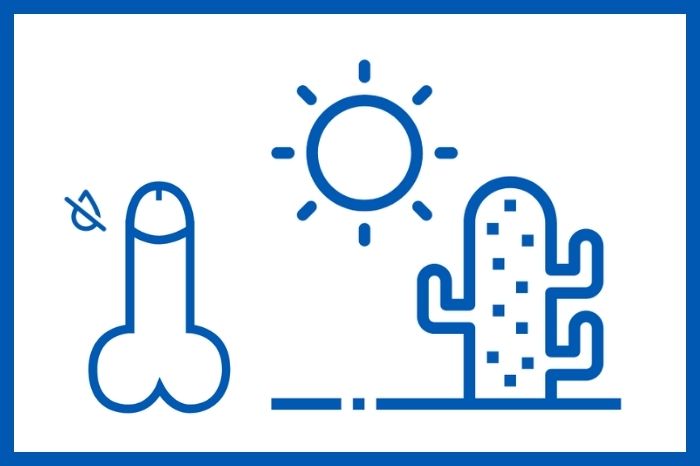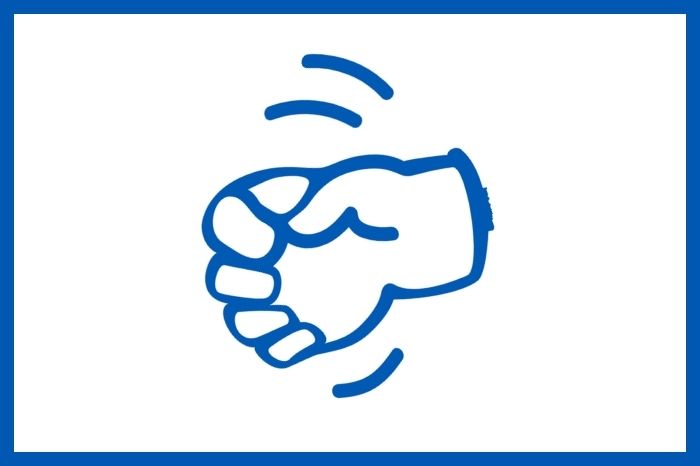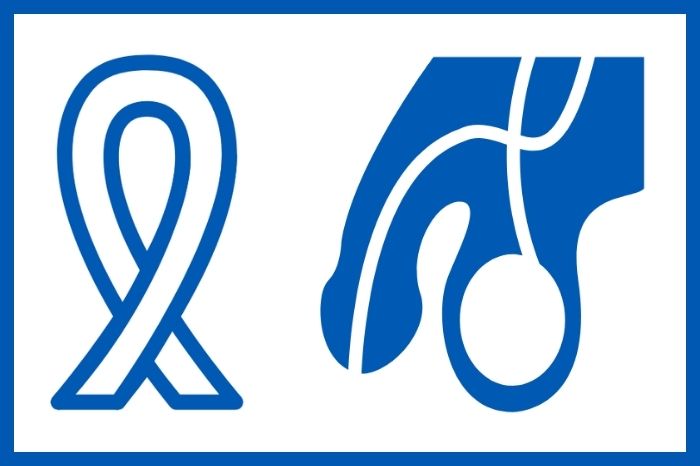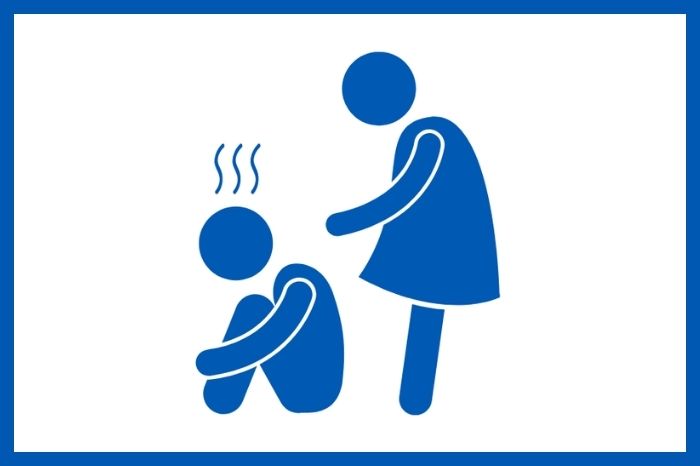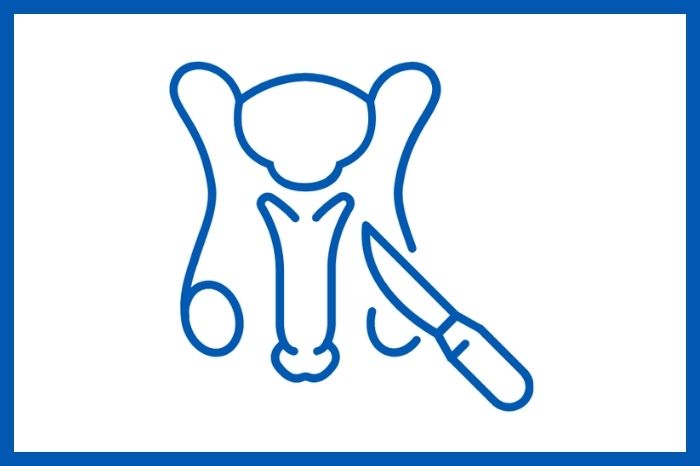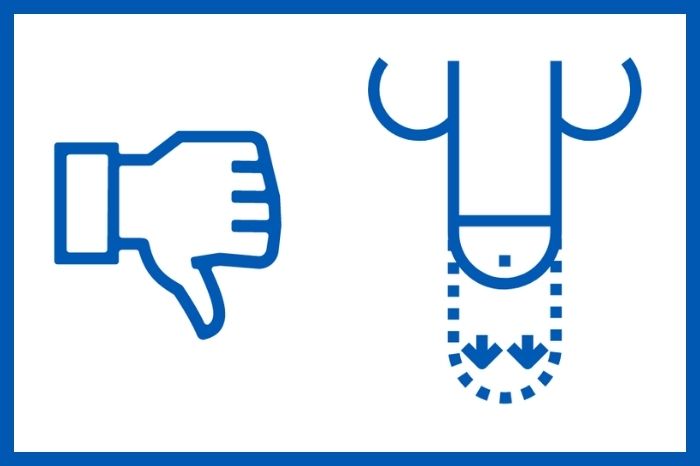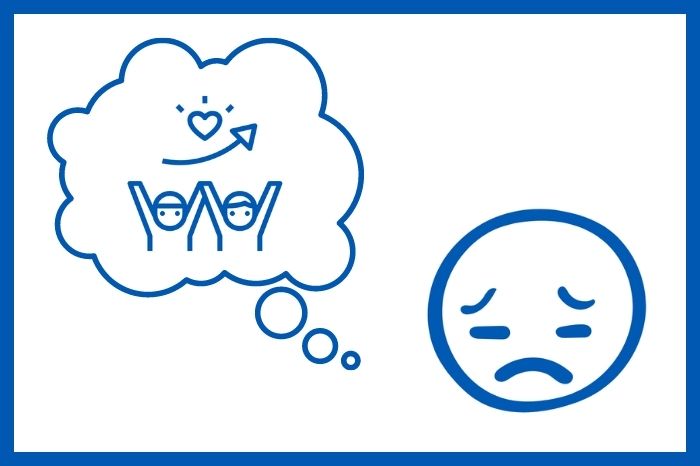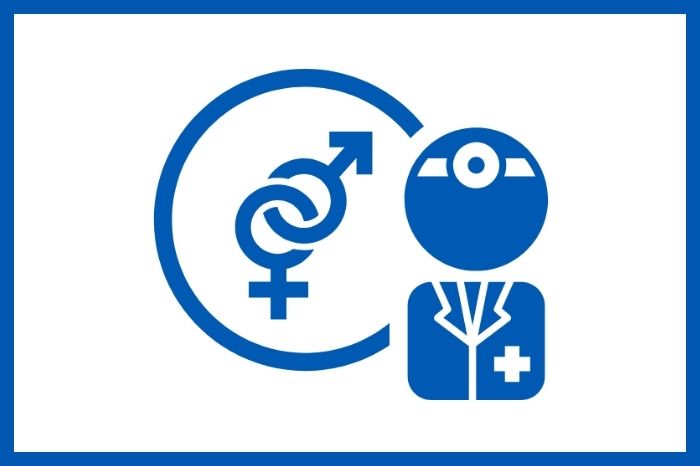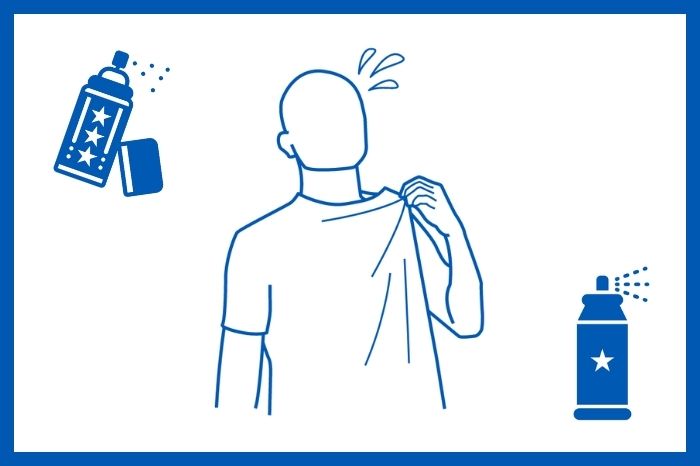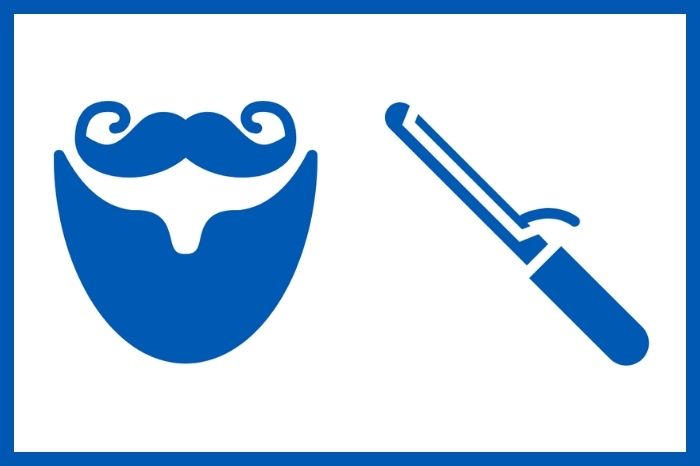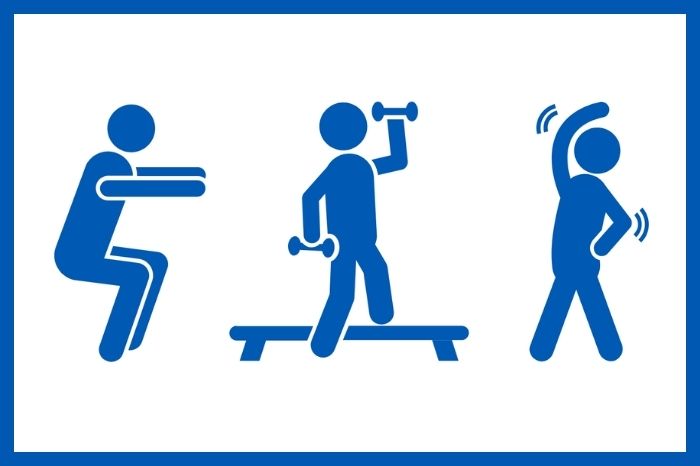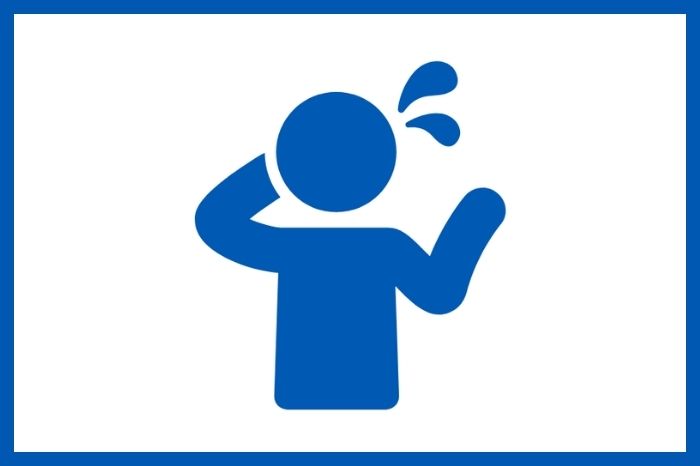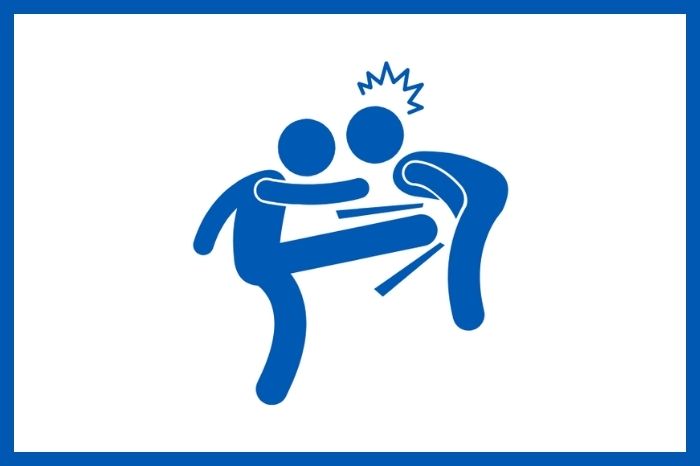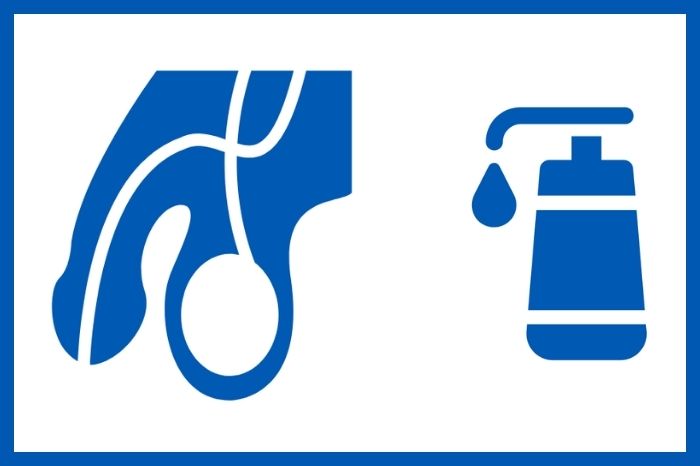Discover the METHOD that helps men communicate better
Have you ever heard of filler words? Everyone uses filler words occasionally. Even well-known and influential people do this. It's not all bad, but if used all the time, it makes the speech tiring and it's as if the speaker was unfocused, nervous, forgetting what he had to say or having difficulty expressing himself.
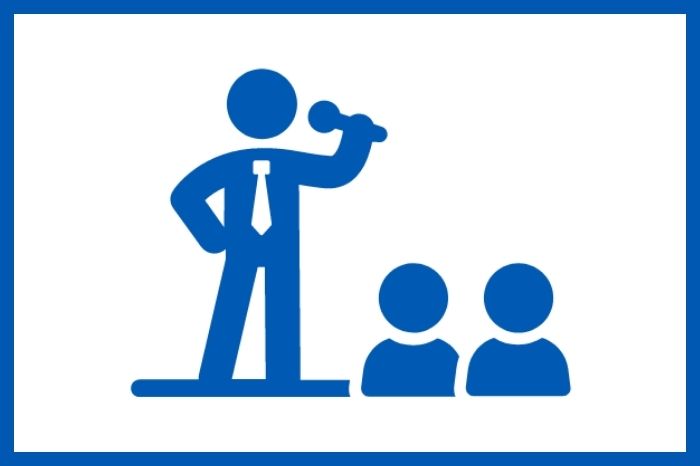
So, if you want to know how to express yourself better, start here: eliminate the filler words from your lines as much as possible.
But what are filler words?
Filler words are those seemingly meaningless words that mark a pause or hesitation in speech, such as hum and ah.
There are also those that increase the size of the sentence and "roll up" the speech, but if they are removed, they do not change the purpose of the speech, for example: like this, ok, so, you know...
The problem happens when your speech becomes so full of filler words that it starts to detract from your message. People can get so annoyed by this that they start noticing every "um" or "ah" you're saying instead of actually accepting your message.
If you think that might be the case for you, then here are some tips on how to stop saying, like, you know, filler words.
Why do we use such unnecessary words?
You may be wondering why we use these words unnecessarily.
Think of the little spinning circle on your computer when it tries to load information. Our brains are basically computers, and when there's a gap in the mind when it's connecting one word to the next, it creates a natural space that filler words rush to fill.
Such words detract from presentations. But even if you're not presenting, the way you speak still affects how people perceive you. Excessive use of them can make you seem uncertain or less intelligent.
On the contrary, taking those words out of your vocabulary makes you sound more organized and confident. People will take what you say more seriously and respect you more. It's sad that these superficial details can distract from a compelling message. But it's true.
How to Communicate Well - Don't Use Filler Words
For starters, silence is the reason people feel compelled to use filler words. We try to fill the silence in our speech with these expressions, because we are worried about what it will sound like. We fear that people will think we have lost track of what we were talking about.
But actually letting silence become a natural part of your speech adds emphasis and allows people to consider your speech for a moment and let it sink into their minds.
If you're not sure whether to use these words in your speech, a good way to start is to record yourself speaking naturally for a few minutes. Most cell phones have a recording app that you can use to record your voice.
If you don't have access to any kind of microphone, you can simply practice speaking a little louder than usual. This is a powerful tool that will allow you to hear your filler words and become aware of them. You will quickly see if such expressions are a problem for you!
Another way to improve your speech is to imagine that you are ending your sentence with a period every time you pause. "Full period" or "pause" are great words to use instead of filler words.
Start by replacing the expressions with the word full stop or pause in your mind. Say the word out loud if you're training alone. Example of how to communicate better: if you would normally say "My favorite fruit is the banana. Uhhhh... that's because bananas are yellow. Um... and yellow is my favorite color."
Instead, say, "My favorite fruit is the banana. PERIOD. That's because bananas are yellow. PERIOD. And yellow is my favorite color!"
It will seem very strange at first, but try. Obviously, don't start yelling the word END in mid-sentence when you're talking to someone at work. But if you're just talking to a family member or friend, tell them what you're trying to do and they'll understand.
Once you're comfortable saying the word full stop or pause out loud, start doing it silently in your head. When you are silently saying full stop or pause in your head, your mouth should be fully closed. Otherwise, filler words tend to escape.
Eventually, you will reach the point where you can let go of the "inner pause" entirely and become comfortable with silence. A 2-3 second pause may seem like an eternity to you while you are talking. But to other people listening to you, it will probably sound completely natural or go completely unnoticed.
A great way to become aware of your filler words is to write a list of them and keep them on your desk, or somewhere you see them several times a day. Repeating seeing filler words will help make your brain more aware of them in your everyday speech. Being aware is the best way to eliminate them!
Another strategy that helps you stop using filler words is to just breathe! Breathing is a good option when you need to stop for a split second and think about what you are going to say. This will make you look much more confident. Instead of saying "I want to eat, like, Chinese food for dinner," try this "I want to eat (breathe) Chinese food for dinner."
Filler words slip into our speech when we don't know what we're going to say in advance. If you break your sentences into pieces, you are less likely to resort to using padding. Breaking your speech into pieces in your head before speaking creates a natural rhythm. You're going to say a lot of words, so take a break. Then say another bunch of words, pause again, and continue.
Other techniques to express yourself better and avoid unnecessary words
You're less likely to use filler words like "um" or "ah" if you're looking someone straight in the eye. Part of the reason we use filler words comes from a lack of confidence, and making eye contact with someone can help boost your confidence.
The next time you're in a meeting, try talking to people one-on-one and looking them in the eye. See if this helps you use fewer filler words than just talking to the room as a whole.
If you're about to give a big speech (or even if you just have big news to share with a family member or friend), take a few seconds to calm your nerves before you get started. Taking a deep breath is an excellent way to instantly reduce stress and tension significantly. If you get confused in the middle of your speech, don't be afraid to take a deep breath to regroup and restart.
People perceive speakers who use non-verbal communication, such as hand gestures, to be more confident and persuasive. If you keep your hands in your pockets, you are ignoring an important tool at your disposal. That tool is the ability to use gestures to emphasize your speech. Having your hands in your pockets also makes you look and feel insecure. And when you don't feel confident, the number of filler words you use tends to increase.
So don't keep your hands in your pockets or hold your arms at your sides when talking. Just let your hands do what they naturally do, and the words will come out better and with less fill.
You've probably heard someone who seemed to talk a lot but couldn't convey much information. The longer your sentences, the more likely you are to start adding padding to them. Short sentences sound much more confident and blunt. In addition, they convey the message more clearly. So try to use short, pleasant and to the point sentences!
In addition to cutting filler words, you can also cut out alternative words like "probably", "just", and "hopefully". These words make it sound like you're not confident about your ideas and are walking on eggshells if you're wrong or might offend someone.
The more you prepare what you want to say, the less likely you are to use filler words. If you are giving a speech, repeat it aloud or mentally a few times before actually delivering it.
If you're having a one-on-one meeting with your boss or having an important conversation with your better half, think about the message you want to get across, as well as some of your most likely objections. That way, you'll be more prepared and won't be caught off guard if the conversation doesn't go exactly as you expected.
The more current information is in your mind, the less likely you are to rely on filler words as you retrieve the information from your memory. No one can tell you're nervous, and most people who listen to you won't realize all the little mistakes you can make.
Conclusion
Now you know how to better communicate with people!
At least one of the strategies mentioned will resonate with you. Feel free to try whatever you like best, or even combine several of them together.
Usually the hardest part is realizing that we have a problem with filler words. Now that you are aware that you use them, you just need to make a conscious effort to reduce your use of them.
The good news is that it's not a difficult habit for most people to break. In the early days, you may constantly find yourself slipping and adding such words to your conversations. But if you really take care of yourself, you can soon see a huge improvement in how your speech sounds to other people.
